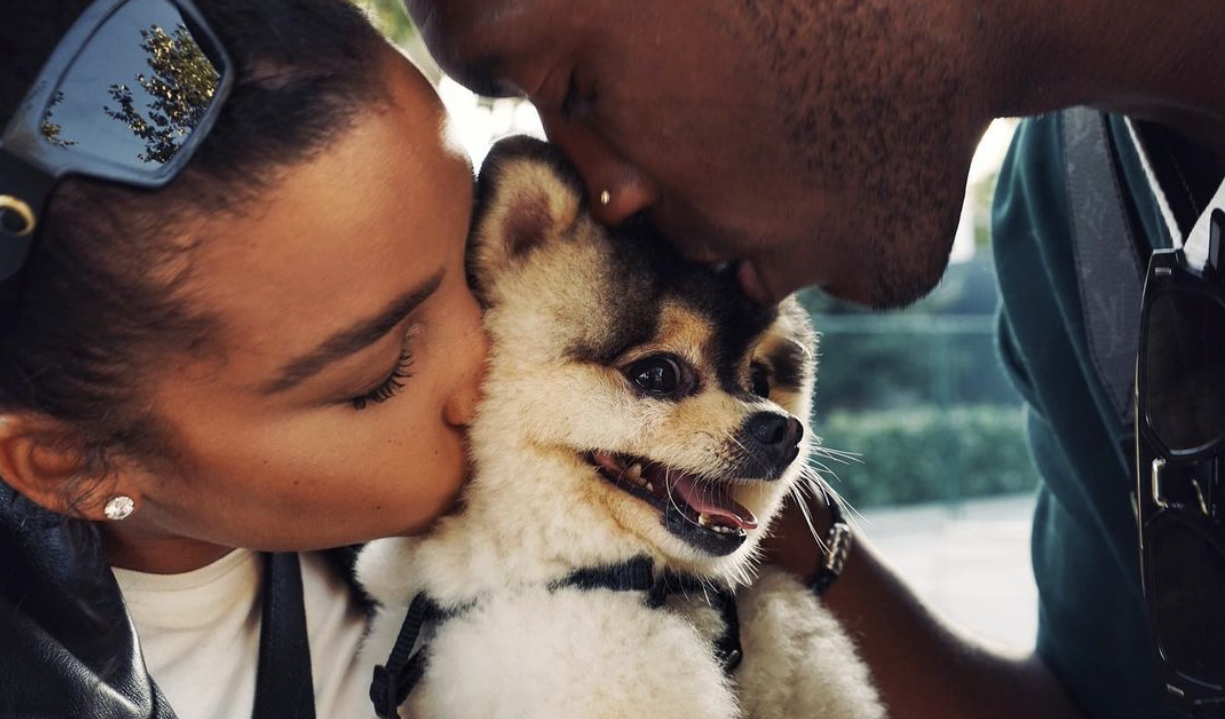Even the best of us get sick sometimes, and that includes our pets. It can be stressful when a loved one falls ill, but did you know that there are a few key things you can do before your visit to the vet that can ensure your pet gets the care they need and deserve?
Below are the top 5 things to do before your visit to the vet to ensure that everything goes off without a hitch.
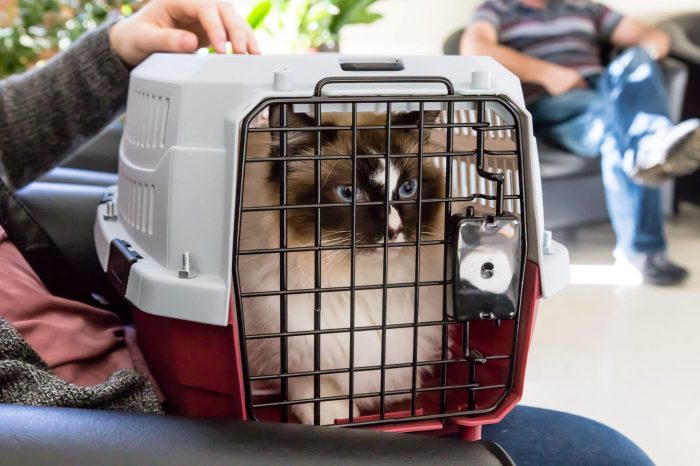
1. Gather your pet's medical records
Did you know that having access to your pet’s medical history can provide your veterinarian with big insights into their current state of health?
If you plan to bring your pet to a new hospital for the first time, make sure to gather your pet’s records well in advance so that your new veterinarian has information to use as a starting point in determining the best plan for your dog or cat. You can do this by calling the hospitals your pet has visited before and have them send you or your new vet your pet’s history electronically.
It’s also important to ensure that the medical records presented are as complete as possible. Your veterinarian will want to see all past test results, a vaccine history, and all the notes made about your pet by their previous doctors. Unfortunately, an invoice of services rendered is not enough!

2. Prepare your list of concerns in advance
The next thing to do prior to visiting your vet is to come up with a list of the concerns you have with your pet. Your list should include any observations you’ve made about your pet that you consider to be out of the norm or unusual. Don’t worry if your list contains information that seems silly or insignificant. It probably isn’t, and the more information, the better. Compiling a concise list ahead of time will ensure that your observations are organized and complete. In addition, this simple act can provide your veterinarian with big clues to help them determine a diagnosis and a plan for your pet.
Related article: Top 7 Signs That Your Pet Is Sick

3. Be ready to answer a few questions
Once you’ve gone over your list of concerns, your veterinarian will likely ask a few follow-up questions to gather additional information. Being able to answer a few basic questions as your pet’s primary caregiver can be a big help in getting your veterinarian the information he or she needs to make an accurate assessment of your pet’s state of health.
Some common questions your veterinarian may ask may include:
- Has there been any change in your pet’s appetite?
- Has there been any change in your pet’s energy level?
- Has your pet been vomiting?
- How are your pet’s bowel movements?
- Has your pet been coughing or sneezing?
- Have there been any changes in your pet’s water consumption or urination?
Some other general questions may include:
- Approximately how old is your pet?
- Is your pet spayed or neutered?
- Does your pet take any medications?
- What does your pet get to eat?
Since your veterinarian does not live with your pet and can only determine so much based on a single physical exam, being able to answer key questions like these is very important and can really go a long way.
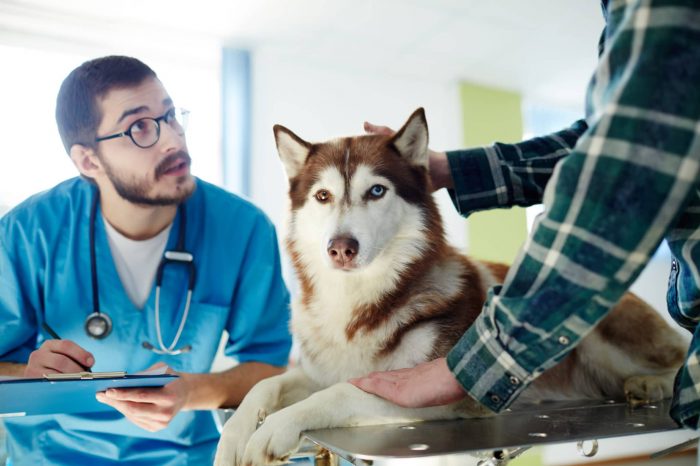
4. Anticipate the cost of services
In order to ensure that your pet receives the care that he or she needs, it’s important to anticipate the costs of medical care prior to your visit. However, this is something that can be difficult to prepare for, especially if your pet experiences a sudden medical emergency. Thankfully, several great options exist that can help you manage the costs of caring for your pet when it really counts.
- Pet insurance. This type of service typically covers the majority of the costs for unexpected accidents, emergencies and illnesses. As a result, having pet insurance can save you and your family from significant financial heartache and ensure your pet receives the best care possible in a time of need.
- Wellness plans. In exchange for a monthly membership fee, many hospitals these days offer wellness plans. These programs are great because they typically cover the costs of common wellness services such as exams, vaccines, and even bloodwork, with a focus on preventative medicine. However, the majority of these wellness plans do not cover the costs of treatments or emergency care like a pet insurance plan would.
- Healthcare credit card. Services like CareCredit offer pet owners the ability to cover the costs of medical services for their pet on credit and the luxury of paying back these costs slowly over a manageable period of time, without interest. This makes it easier to get your pet care in an urgent situation, without having to worry about covering the costs out of pocket, right then and there.
At the end of the day, you never want to find yourself in a situation in which your pet cannot get the care he or she needs. So, it’s always a good idea to have a “medical emergency fund” for your pet, much like you may for your own health or that of your family, just in case.
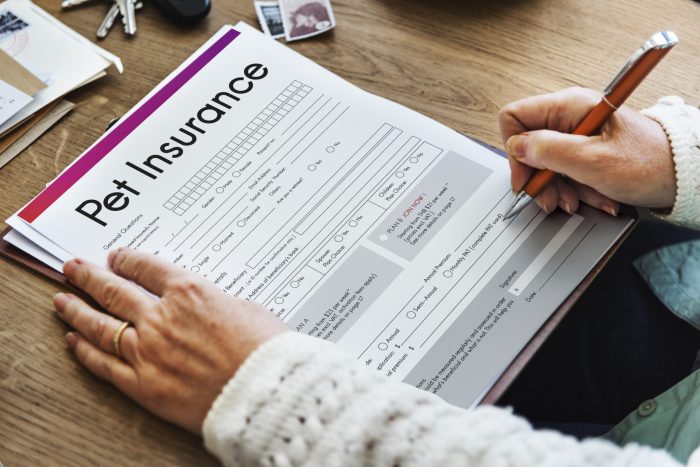
5. Be ready to confirm your understanding
Once your veterinarian has reviewed your pet’s medical history, discussed your concerns, and performed their physical examination, he or she will then make recommendations for the care of your pet. At this point, you should be prepared to ask any questions you may have regarding your pet’s diagnosis and their treatment plan, and confirm your understanding of your veterinarian’s recommendations.
If the proposed plan does not meet your expectations or fit within your financial situation, it is important for you to then discuss alternative plans for your pet’s care. Ultimately, it is imperative that you and your veterinarian work together as a team when it comes to your pet’s health.
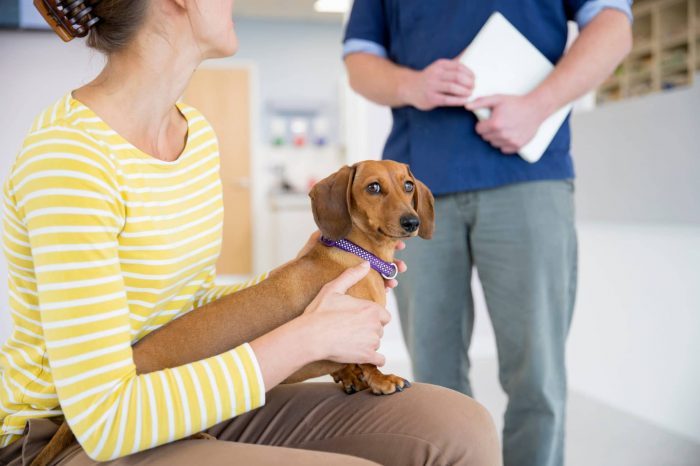
You see, finding yourself in a situation in which your pet requires medical care can be stressful, but it doesn’t have to be.
You now know the top 5 things to do before your visit to the vet to ensure that everything goes smoothly and your pet receives the care he or she deserves.




